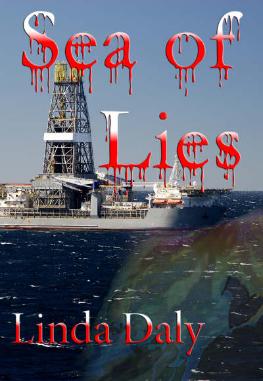Scam-busting author Victoria Strauss’ post on Writer Beware about the fraud judgments levied against Linda Daly’s Light Sword Publishing has provoked an interesting debate on her blog. Along the way, Strauss has made some important distinctions between a genuine “small press” and a pseudo-publisher:
There are many
excellent small presses, which function entirely professionally and are
taken seriously by readers, writers, and publishing professionals.
Reputable small presses have always been an honorable alternative to
large commercial houses, and there are more of them now than ever.
These professional small presses, however, are NOT equivalent to the
Light Swords of the world, which are run like pocket dictatorships by
people who know absolutely nothing about editing, publishing, or book marketing–never mind running a business–and aren’t interested in learning.
I want to take that a step further (as I did on her blog). I’m on the Mystery Writers of America’s membership committee, which reviews applications from publishers
who want to be on our Approved Publishers list. In that capacity, I’ve encountered an astonishing number of
so-called “small publishers” who turned out to be nothing more than aspiring writers who bought some ISBN numbers and opened an account with a
POD company.
These pseudo-publisher are a mix of true scammers (like PublishAmerica, Airleaf, etc.) and people who
set out to do no harm but simply have no clue what being an “editor”
and a “publisher” really involves.
To me, an inexperienced
“publisher” becomes a scammer when they start touting marketing,
editorial and publishing experience they don’t actually have, when they
make promises they know they can’t keep, and when they begin charging
authors to get into print (another sign is when a court declares them
guilty of defrauding authors, as is the case with Light Sword).
The authors are inevitably tainted by their association with a scammer or an inept wanna-be publisher. As Victoria says:
This is not to say that good books can’t be published by amateur
micropresses. […] The enormous number of unpublishable books
with which society has been lumbered as a result of the proliferation
of micropresses–not to mention the POD self-publishing services–is an
annoyance and a nuisance, but the real tragedy of all these faux
publishing options, in my opinion, is that they can entrap writers
whose books deserved better.
That
said, the aspiring writers entrap themselves with their desperation, impatience, gullibility, and their
laziness.
The majority of writers who have been scammed by PublishAmerica,
Authorhouse, Airleaf, Tate, Quiet Storm, Light Sword and countless other vanity
presses and pseudo-publishers could have easily avoided their fate by
using common sense, doing a tiny bit of research, and asking some basic
questions about the professional qualifications and experience of the
people they were getting into business with BEFORE signing a contract. Others were simply looking for a short cut and discovered the hard way that there aren’t any. But I think Victoria said it best:
There are any number of reasons why writers ignore clear warning
signals, including the frustration of a long and unfruitful publication
search. Other writers, of course, don’t take the time to learn about
the field they’re trying to break into, and don’t know what the warning
signs are. But whatever the reasons writers fall victim to schemes and
scams and amateurs–and with every effort to maintain respect and
compassion for those victims–writers need to understand that THEY
ARE RESPONSIBLE for educating themselves, for researching their
options, and for making informed (as opposed to wishful or ego-driven)
decisions.We don’t help them by pretending that this isn’t so.
UPDATE: Blogger Michele Lee makes a strong case (with great links) that it’s time that authors took more responsibility for their poor choices:
The blame lies with both parties of course. Much of the behavior of
scammers and crappy publishers is reprehensible and inexcusable. But
there is so much information available to writers these days. We don’t
live in the world of ten years ago. There are so many places to research agencies and publishers these days (and for free!). I simply do not understand. There’s no excuse anymore, other than sheer newness, not to be a well researched. I suspect the professional publishing world is starting to view
things this way as well and the tolerance for lazy writers is severely
plummeting.

